Welcome to the
Collie Club of Victoria Inc.
Upcoming Events
Championship Dog Shows are held most weekends. The public are welcome to come along and watch for free. Collie Roughs and Smooths are in Group 5 Working Dogs. Show details are available on Dogzonline Events at http://www.dogzonline.com.au/event-diary/list.asp?state=VIC&type=CH
2026 Collie Club of Victoria Championship and Open Shows
Saturday, 9th May 2026
2026 Collie National Show, Sydney, Australia
Friday, 24 to Sunday, 26 July 2026
Facebook 2026 Collie National Show - Australia
Collie News
Letter from the Border Collie Club of Victoria to Dogs Victoria regarding possible changes to the mode of judging as a possible solution to decline in Conformation Show participation. Letter from BCCV to DV.
Meet the Versatile Collie Rough and Collie Smooth
Originally Collies, both Rough and Smooth, were used to herd sheep and cattle in Scotland and northern England.
Today they are beloved family members, companions, sports stars, working and show dogs.
Collies can be either long haired (Collie Rough) or short haired (Collie Smooth) and come in three colour variations.
“Sable”
colour ranges from pale tan to mahogany,
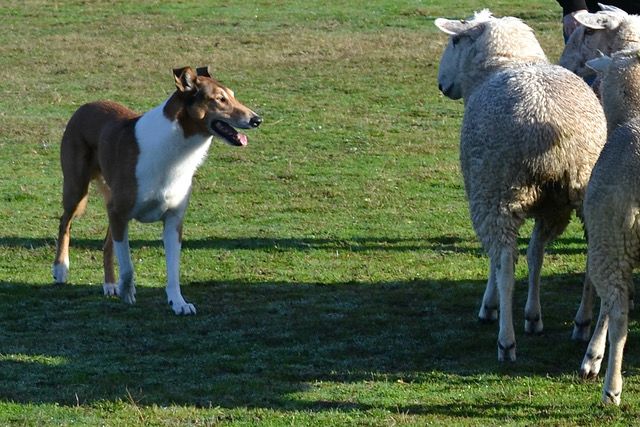
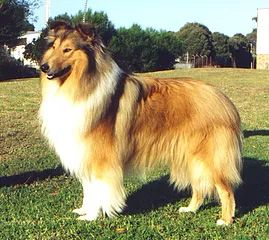
“Tricolour”
primarily black edged in tan
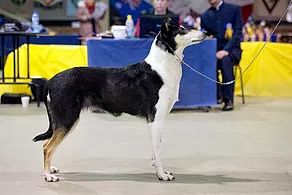

“Blue Merle”
clear silvery blue with mottled black
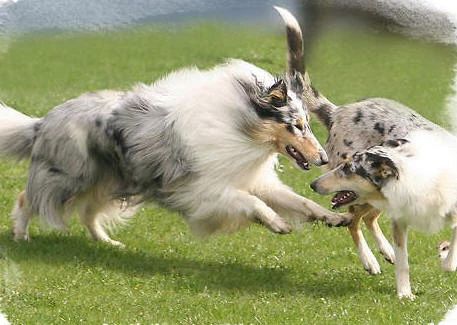
The Collie Personality
- Good family dog
- By nature, gentle and domesticated
- Relish human company
- Loyal and protective of their owners
- Good with children and other animals
- Their calm disposition allows them to live in apartments and in homes with any sized back yard
- They have great memories
- Are easy to train
- Require moderate exercise
Collie Training
- Like all puppies/dogs the Collie requires training
- They need socialising to prevent shyness
- They are easy to train and eager to learn and want to please their owners
- They respond best to a gentle hand
- A well trained and socialised Collie will show no signs of nervousness or aggressiveness
Collie Grooming
Maintaining a Collie’s coat is not as difficult and time consuming as many think.
Both Rough and Smooth Collies have a double layered coat that needs to be brushed regularly.
It is not necessary to go to a dog groomer, as a regular 10 to 15 minute brush twice a week generally keeps their beautiful coat in good condition. When they moult (“blow their coat”) grooming time will increase, but not excessively.
The Registered Breeder you purchase your puppy from will recommend the brushes best suited to groom the collie’s coat and will be happy to show you how it’s done.
There are also great grooming videos on YouTube, please see following links:
https://www.collielife.com/puppyguide/grooming.html
Collie Health
Collies are generally a healthy breed who live long active lives.
Like all breeds of dogs, both pure-bred and mix breeds, there are genetic diseases that can affect the dog’s health. With careful breeding the risk of a dog being affected can be reduced.
All Collie puppies are tested for Collie Eye Anomaly (CEA).
For further Collie Health information please visit the Collie Health Foundation at https://www.colliehealth.org/
Collie Dog Sports and Activities
There are a number of Dog Sports and Activities Collie dogs and their owners enjoy participating in, including:
- Conformation Showing
- Agility
- Dances with Dogs
- Herding
- Lure
- Obedience
- Rally
- Scent Work
- Trick Dog
- Track & Search
- Tracking
- Flyball
Further information is available at https://www.dogsvictoria.org.au/events/dog-activities/
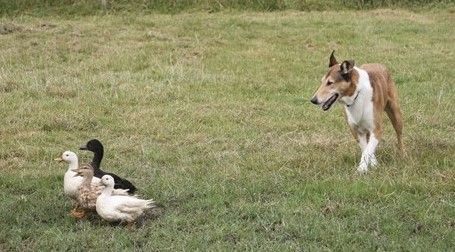
Collie Conformation Showing
Conformation Dog Shows are held throughout Australia. Pure-bred dogs are judged by specialist judges against their Breed Standard. This is where Collies can be exhibited and gain points to attain their Australian Championship, but more than this, Shows are a place to connect with other Collie enthusiasts and join the Collie Community.
For further details contact the Collie Club of Victoria and Confirmation Showing information at https://www.dogsvictoria.org.au/events/dog-activities/conformation-showing/
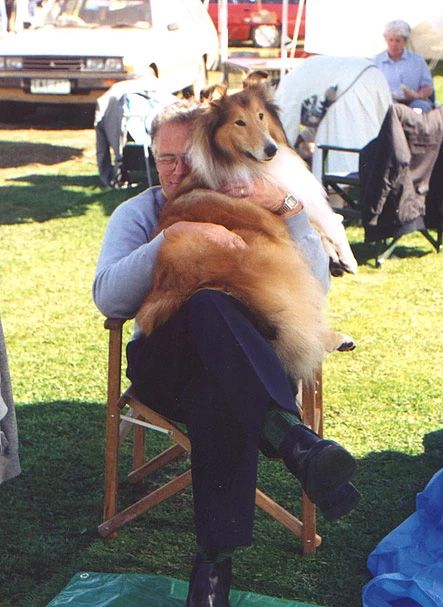

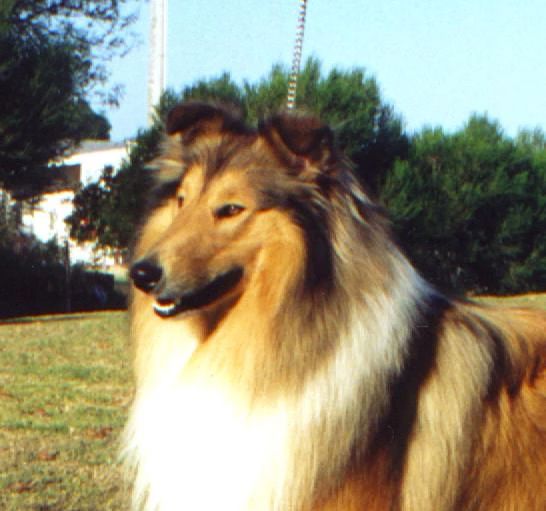
153970 Visitors


